In an interview with the website of the Strategic Council on Foreign Relations, Morteza Makki referred to the continuation of protests in France which has led to the creation of a security mood in the protests and said: The protests we have been witnessing in recent weeks in France are related to the “Comprehensive Security Law” which has been proposed by the government, approved by the National Assembly, and is being surveyed in the Senate.
Saying that one of the provisions of the Comprehensive Security Law is a ban on publication of images of police forces which is believed to impose limitations on the French media in covering reports and violent approach of the police against the protesters. He noted: As France is said to be a cradle of democracy, holding protest rallies and authorized strikes has become routine and the citizens can take to the streets in protest to a variety of issues and, therefore, ratification of such a law is certainly not favourable for the French citizens.
French Protest Performance of Macron Government
Referring to the serious protests by the syndicates and unions against the French National Assembly approval, the expert on European affairs said: Of course, these protests and strikes are not limited to the said bill; there are other kinds of dissatisfactions and the protests against the Comprehensive Security Law became a spark and an excuse for other French protests against the performance of Emmanuel Macron government.
Makki pointed to the strong presence of various protest groups in the rallies, including the “Yellow Vests”, and added: The main protests of this group are against inequality, injustice, as well as the plans and policies of the Macron government.
He said: In any case, Macron had promised to be able to meet many of the demands of the French people during his term of office, but in more than three years of his administration, not only has his government failed to meet many of the demands of the French people, rather, his government’s policies, along with the consequences of the Coronavirus pandemic, have shrunk the country’s economic growth and also eliminated many employment opportunities, and reduced the purchasing power of the people, especially of the middle and poor classes, to the same extent.
Possibility of Continued Protests against Macron Govt. Policies
Makki stressed: Those economic conditions are not something that could be covered up in France, and in the one-year-plus left from the Macron administration, he would likely face other waves of discontent with different excuses and motivations.
Regarding the consequences of the protests in France’s political position, he said: Those laws are not laws aimed at ensuring equality, justice and freedom of the media, and reactions to those laws will certainly have a profound effect on Emmanuel Macron’s status at the international level, especially in Europe. Macron’s position in France will deal a blow on his position at the EU level.
The expert on European developments further remarked: France is one of the two driving forces of the European Union and plays a key role in the European integration process. Along with Germany, it plays a pivotal and effective role in advancing EU programs. Given that Macron has not been able to establish a strong position for himself within France, he certainly cannot advance many of the convergence and decision-making processes in the EU as well.
The weakening of Macron’s Position and Strengthening of Far-Right
Regarding the effects of the protests and the weakening of Macron’s position in French domestic politics, Makki said: Given the 2018 elections, in which none of the traditional parties, the right, the left and the centre, could win a strong parliamentary majority, certainly if Mr. Macron fails to make specific changes in the political and economic arena of France during the time remaining from his presidency, he could pave the way for the coming to power of Marine Le Pen, the leader of France’s far right.
He added: Macron entered the Elysee Palace at a time when we were witnessing a change in many political equations in France. The parties of the left, the right and the centre were marginalized and he was the flag bearer of moderation in France against the National Front led by Ms. Marine Le Pen, but he practically failed to meet many demands of the French voters and we are now witnessing to the popularity of the far-right led by Marine Le Pen.
Makki further elaborated: The traditional right and left currents among the French people have faced the sharpest decline in popularity in the aftermath of the World War II, and the unfavourable record of Mr. Macron’s government could pave the way for the National Front to come to power.
According to the expert on European affairs: Certainly, if the far-right comes to power, we will see a different France as well as a different Europe, because they are leading the process of leaving the EU, the anti-Islamist current and the current that believes in the failure of the coexistence of different cultural and political groups in the French society and the rise of extremist currents can bring about serious changes in the French politics.
He said: This is the most important concern that is widely raised in the French media and political circles as the main consequence of Macron’s inefficiency during his presidency.


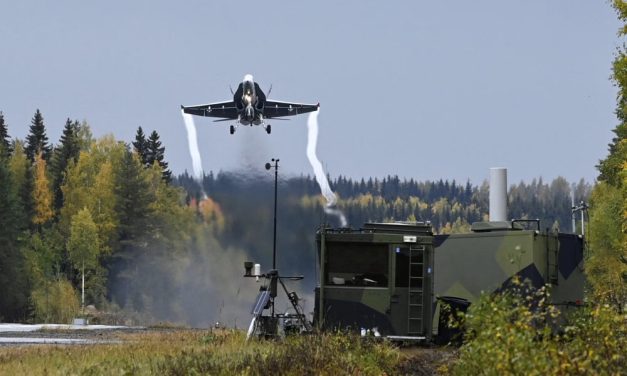
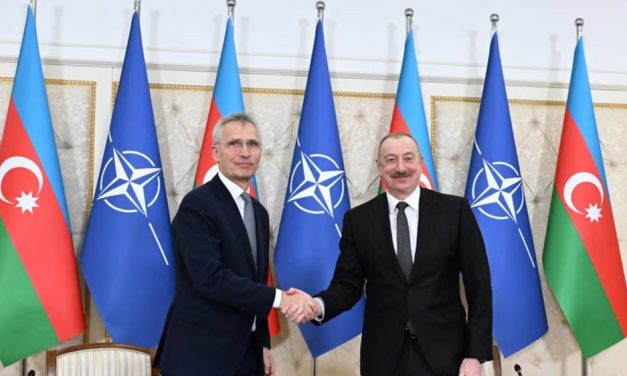
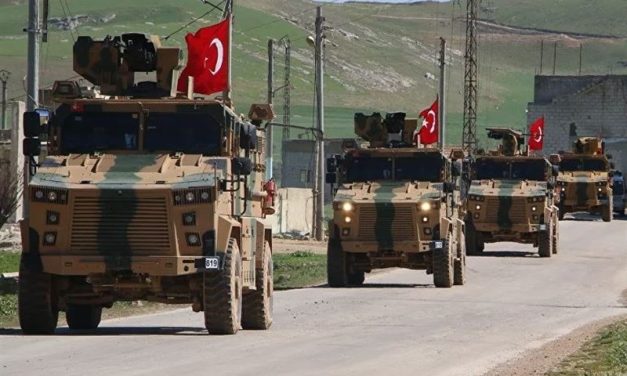
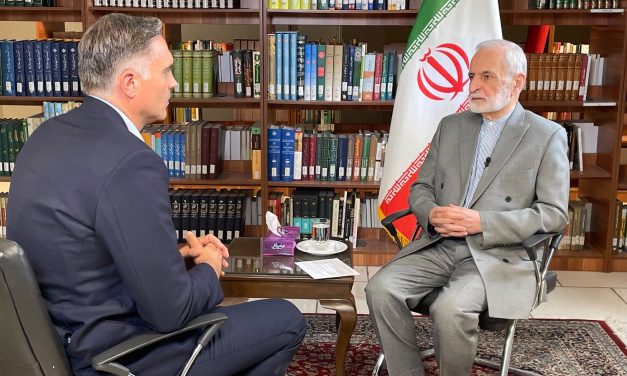
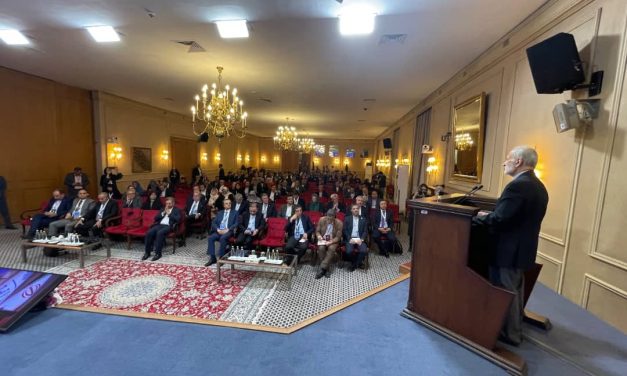
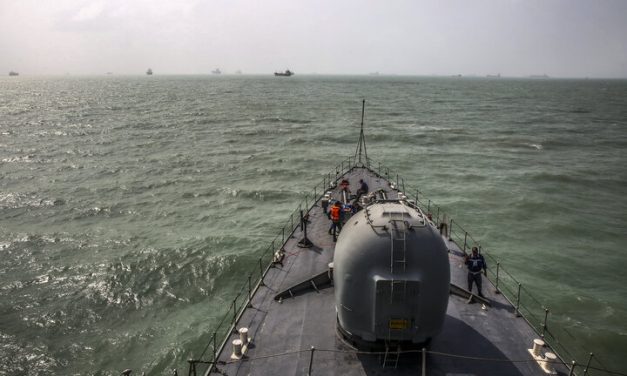


0 Comments